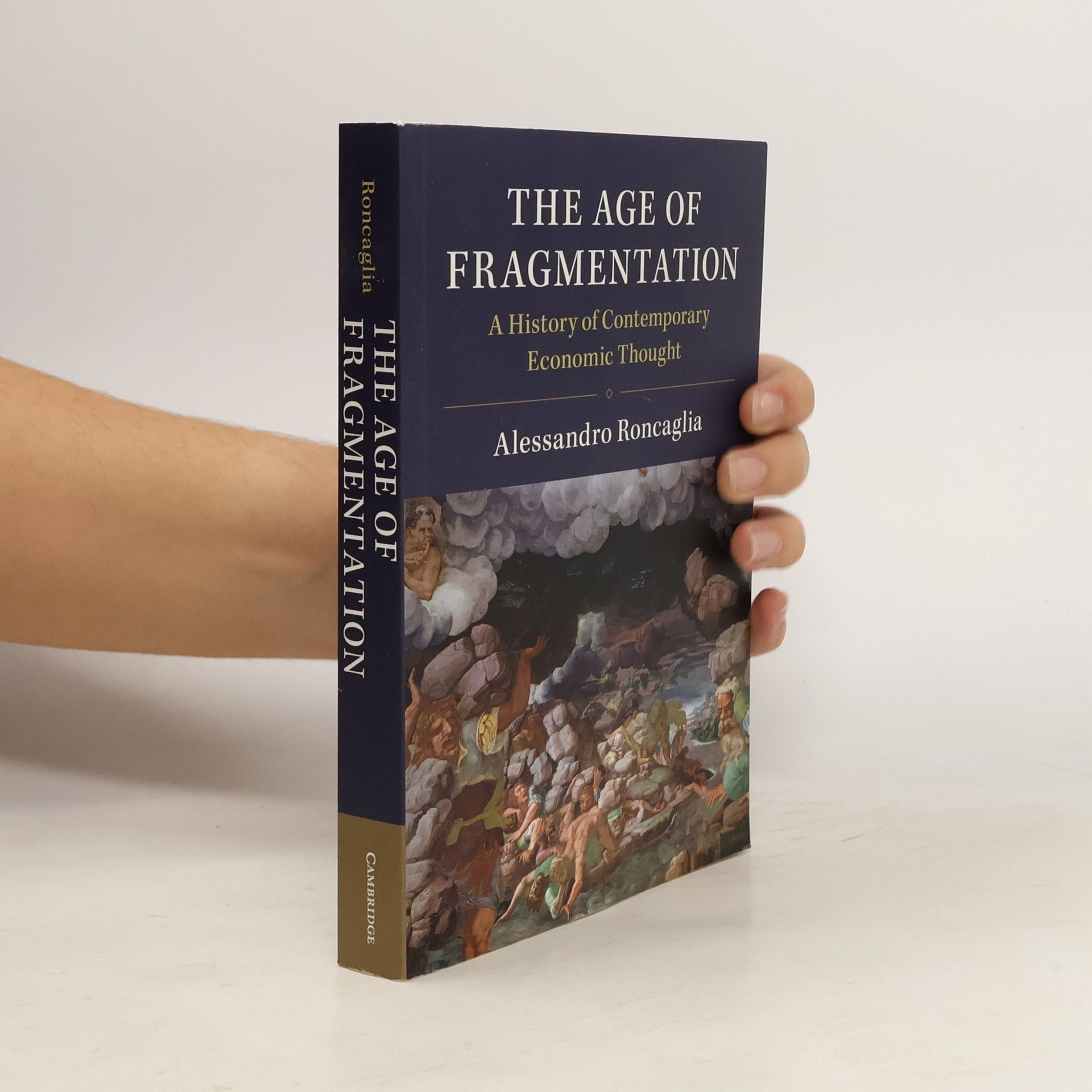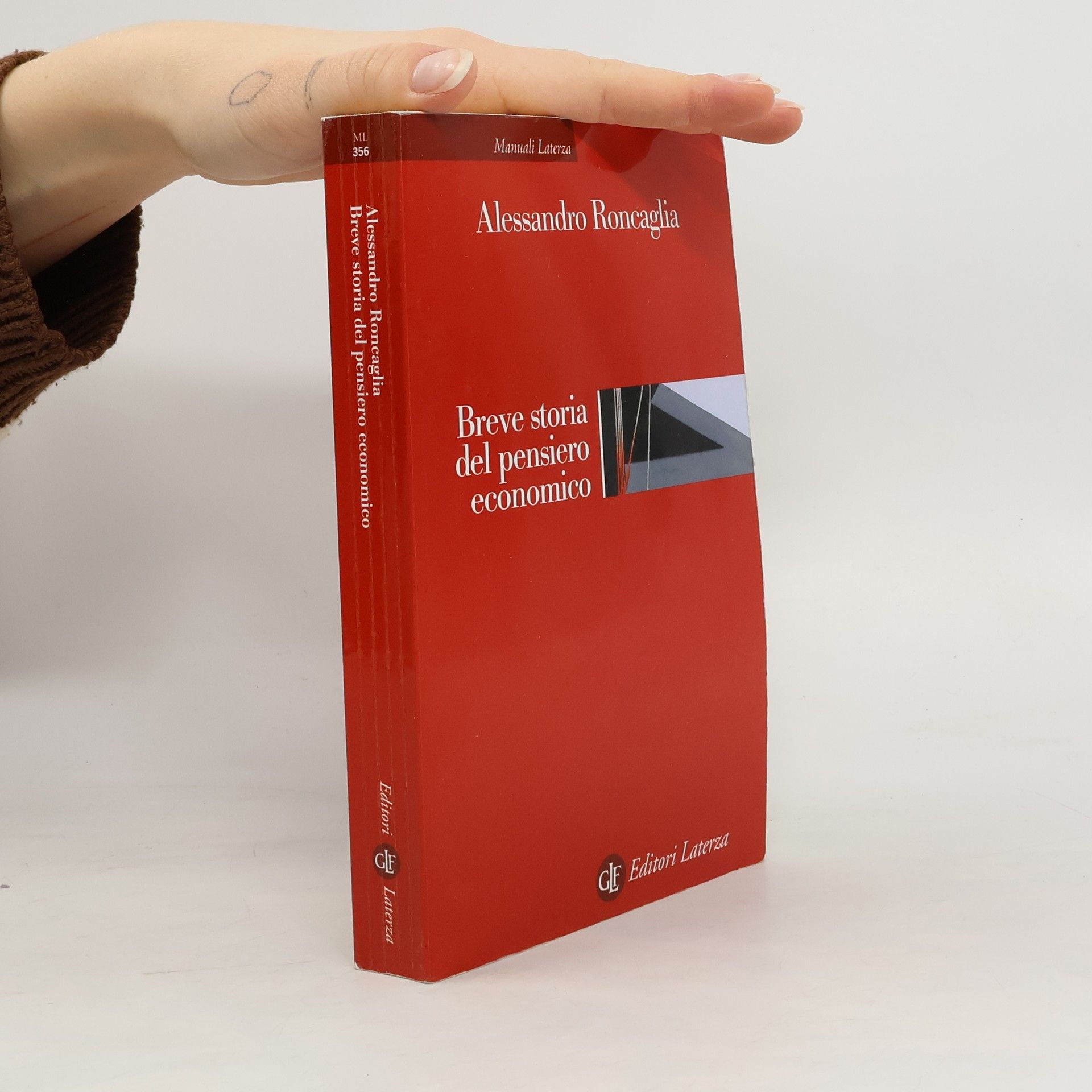Breve storia del pensiero economico
- 336pagine
- 12 ore di lettura
Una ricostruzione del pensiero economico, dall'antichità classica ai giorni nostri. L'autore presenta con rigore e senza inutili tecnicismi tanto le opere dei grandi classici come Smith, Ricardo, Marx, Keynes, Schumpeter, Sraffa, quanto i contributi delle varie scuole, come i fisiocrati, i ricardiani, la scuola austriaca. Particolare attenzione è dedicata agli sviluppi più recenti, dal secondo dopoguerra all'inizio del terzo millennio. Un libro per tutti coloro che vogliono comprendere le radici dei dibattiti economici dei nostri giorni. Dietro le divergenze sulle scelte di politica economica, infatti, vi sono contrasti tra concezioni diverse dell'economia; gli stessi concetti-base, come valore, mercato, prezzo, equilibrio, assumono significati diversi nel contesto della concezione classica, marginalista, keynesiana.



